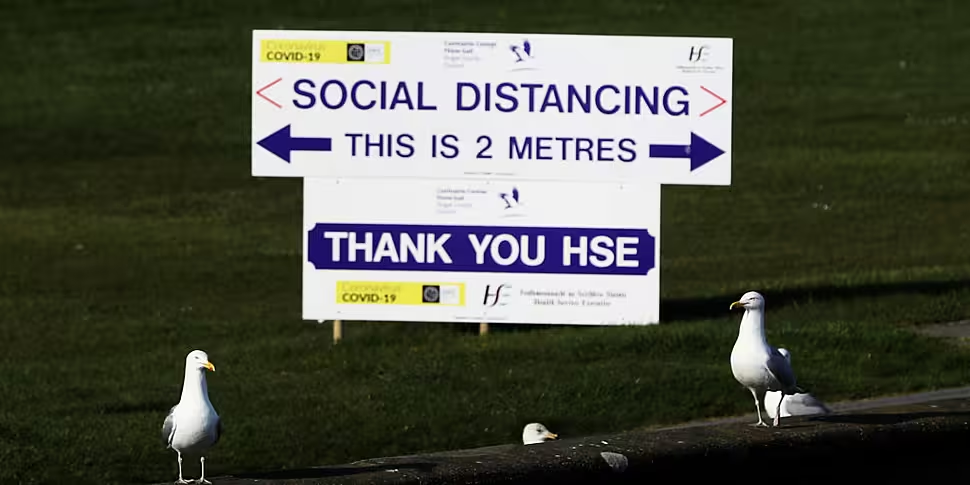An infectious disease expert has said that while having a coronavirus partial lockdown in some parts of the country but not others is possible, it’s important to not confuse people about where they stand.
Figures released to date show that different parts of the country have seen a significantly higher number of cases than others - with Dublin remaining by far the worst affected county.
Professor Sam McConkey told Newstalk Breakfast that cities such as Wuhan, London and New York have been some of the most severely affected areas.
He explained: “This idea that this is an urban problem more than a rural problem is definitely true… I think that has been a feature of this outbreak all over the world.”
He pointed to China as one country that eased restrictions differently in different parts.
However, he noted: “There’s a challenge with that in that it can be confusing.
“One message clearly given to the whole population… people clearly get the message and are all on board.
“Once you get too complicated and too many different divisions… then people can get confused as to where they are.
“If it’s only just two areas - [for example] one is Dublin, one is not Dublin - with clear instructions… it is possible to treat different geographical parts of our country differently. I think that’s a successful way other countries have got out of this.”
Prof McConkey stressed that ensuring testing can rapidly detect any new cases is a ‘prerequisite’ for easing of any restrictions.
He said: “We need the number of cases down to a very controllable level, and then we need to have a surveillance system.
“[There needs to be] a careful monitoring system in place so that if the restrictions were to fail at any point… that we could detect that really meticulously and successfully at a very early stage, and then intervene promptly to prevent a resurgence.”









